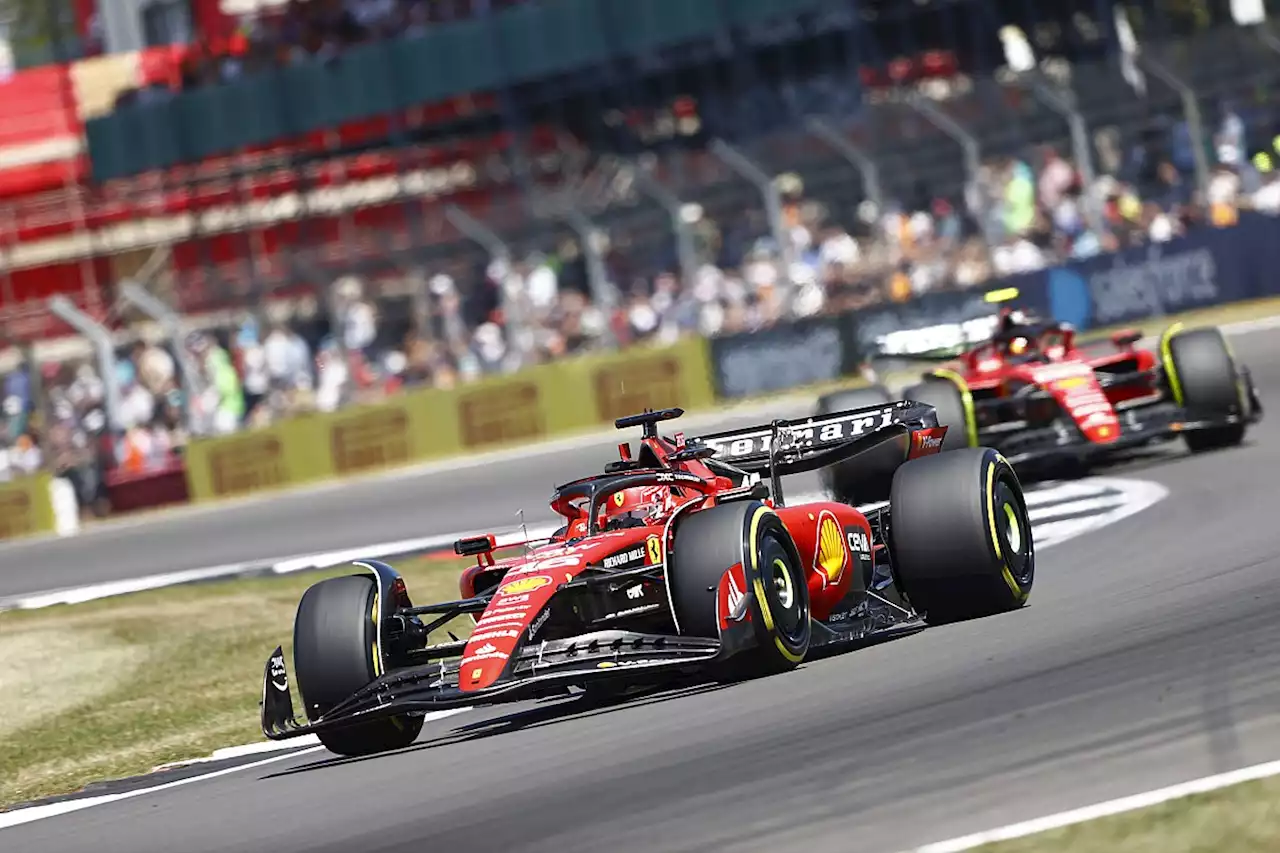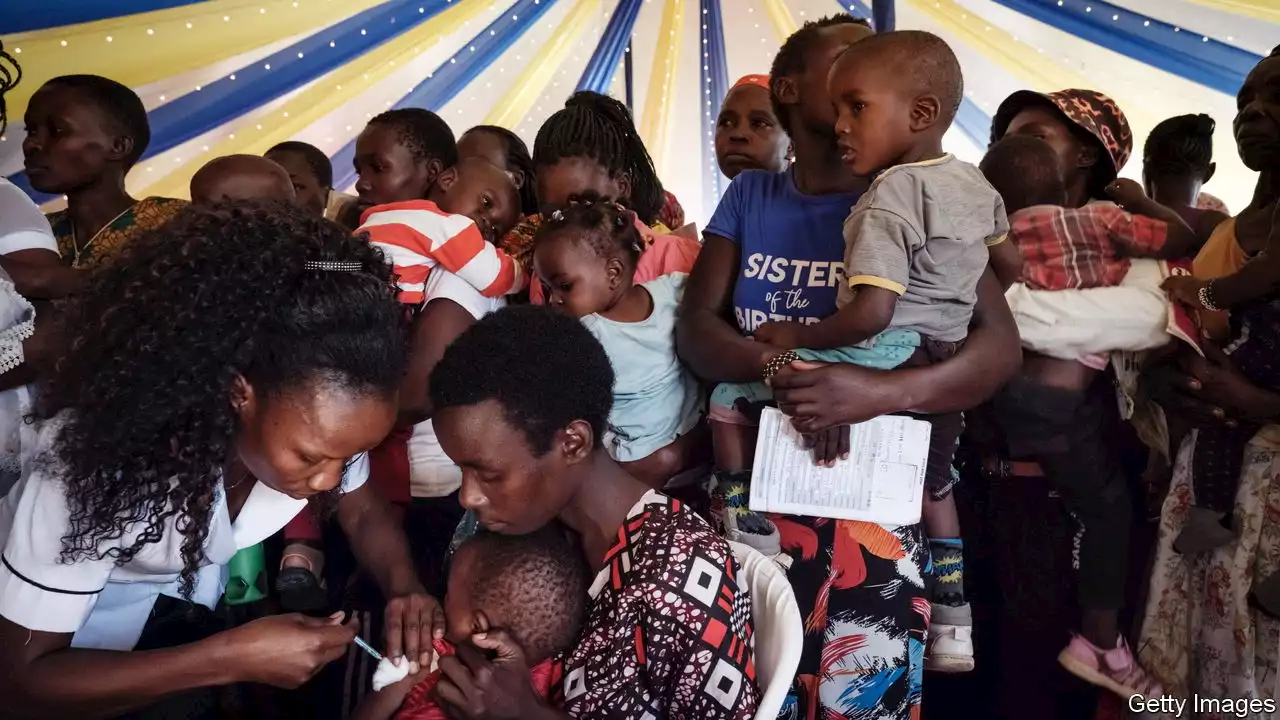This month UNICEF and Gavi announced that 12 African countries would receive 18m doses of Mosquirix, the world’s first malaria vaccine
and Gavi, an organisation promoting vaccination, announced that 12 African countries would receive 18m doses of the world’s first malaria vaccine. Mosquirix, developed by, a British pharma firm, will be deployed over two years with deliveries starting at the end of 2023. It is expected to save tens of thousands of lives each year, mostly of very young children.
Malaria, a parasitic infection transmitted by mosquitoes, is one of Africa’s deadliest diseases. Although it is treatable, the infection must be identified and the patient attended to quickly. That is difficult in the continent’s many remote rural areas. As a result malaria kills nearly 500,000 children under the age of five every year. Hitherto the best option has been to try to prevent malaria with insecticide-treated nets and antimalarial drugs. But these efforts have been insufficient.
The development of an effective malaria vaccine has been a formidable scientific challenge. Normally, vaccines work by training the immune system to recognise antigens—typically proteins—that are found on the surface of the infectious agent. But targeting such proteins on theparasite that causes malaria has proven difficult. The parasite has a multi-stage life cycle, which presents different antigens at different stages, making it harder to pick the best target.
Between 2019 and 2021 trials in 800,000 children in Ghana, Kenya, and Malawi found that inoculation led to a 30% reduction in severe malaria infections, and a 10% decline in mortality. Shortages of supply mean that the vaccine is for now being allocated to countries where the burden of malaria is heaviest .
Although the vaccine is a milestone in malaria treatment, more work is needed. Mosquirix’s efficacy is relatively low—particularly when compared with the 95% achieved by covid-19 vaccines. But a more effective jab, R21/Matrix-M, is in sight. Small-scale trials suggest it could have an 77% efficacy rate.
Belgique Dernières Nouvelles, Belgique Actualités
Similar News:Vous pouvez également lire des articles d'actualité similaires à celui-ci que nous avons collectés auprès d'autres sources d'information.
 How the Taliban Suppressed Opium in AfghanistanThe Taliban suppressed opium in Afghanistan. Vanda Felbab-Brown explains the impacts
How the Taliban Suppressed Opium in AfghanistanThe Taliban suppressed opium in Afghanistan. Vanda Felbab-Brown explains the impacts
Lire la suite »
 Ferrari explains why boosting driver confidence is next target for F1 progress🗣️ 'Lap after lap we lose a little performance from our drivers, because they never have the same conditions and they lose confidence in the car' Ferrari believes boosting driver confidence is now critical to help it close the gap to Red Bull in F1 ⬇️
Ferrari explains why boosting driver confidence is next target for F1 progress🗣️ 'Lap after lap we lose a little performance from our drivers, because they never have the same conditions and they lose confidence in the car' Ferrari believes boosting driver confidence is now critical to help it close the gap to Red Bull in F1 ⬇️
Lire la suite »
 So THAT's Why Your Self-Esteem Is All Over The Place Right NowI'm taking notes.
So THAT's Why Your Self-Esteem Is All Over The Place Right NowI'm taking notes.
Lire la suite »
 US tech CEOs bend the ear of officials as chip wars continueChips ahoy! US and China locked in self-destructive battle of trade restrictions
US tech CEOs bend the ear of officials as chip wars continueChips ahoy! US and China locked in self-destructive battle of trade restrictions
Lire la suite »
 Lancashire's beaches officially voted as rubbish - and we can see whyIf you want views, attractions for all the family and plenty of bracing walks then please don't go to a beach in Lancashire - we have nothing to offer
Lancashire's beaches officially voted as rubbish - and we can see whyIf you want views, attractions for all the family and plenty of bracing walks then please don't go to a beach in Lancashire - we have nothing to offer
Lire la suite »
